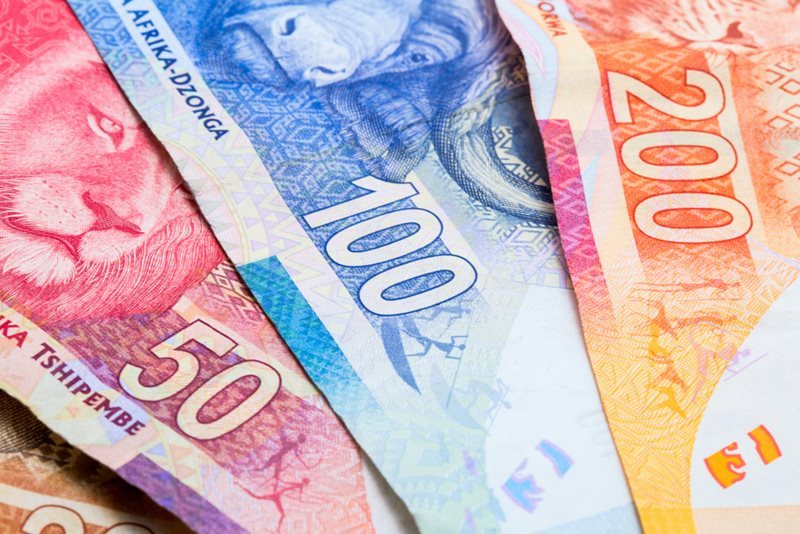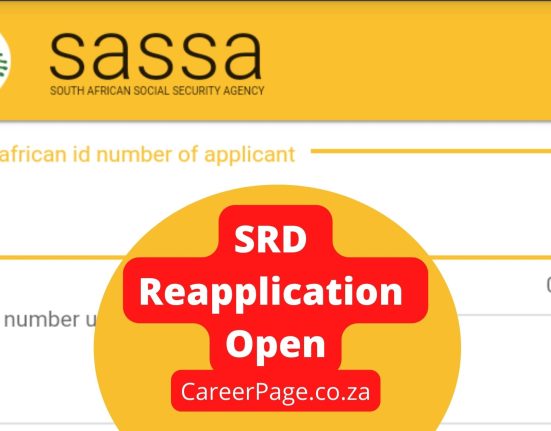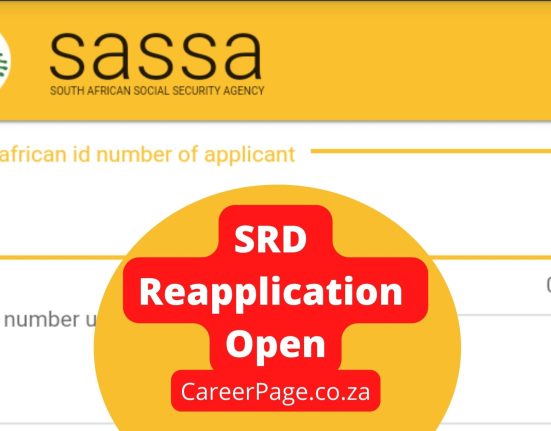The Department of Social Development introduced new rules that will leave vulnerable South Africans in the cold by lowering the qualities needed to qualify for the R350 SRD grant. This comes after a small budget was allocated by National Treasury to the department.
According to the latest statistics, 10.65 million happen to be recipients of the grant. The extension of the grant was set up to the end of March 2023,with the government having promised to provide a final decision if an introduction of a permanent basic income grant is possible.
To access the grant, applicants must not be receiving any other social grant for themselves. This however excludes child support grants which are received by parents on behalf of their children. Applications are cross-checked against different data bases and financial institutions to determine if they qualify for the SRD grant under the new regulations set up.
“A group of social justice organisations has warned that millions of poor South Africans may not receive Social Relief of Distress (SRD) grants in April – and that hundreds of thousands will be excluded in future due to new changes about who can qualify. The group – which includes Black Sash, Institute for Economic Justice and Social Policy Initiative – says the department of social development and the South African Social Security Agency (SASSA) halted application processing for April “without explanation”.”
Furthermore, it is under new regulations that were recently gazetted, “hundreds of thousands” may be excluded from receiving the R350 at all from henceforth. The new regulations requirement is that that qualifying applicants must be poorer than they were before.
“That is shocking, inhumane, regressive, and leaves millions of people living below the food poverty line ineligible for government assistance,” the group said. It claims that it is “an open secret that this is a result of Treasury’s intransigence in refusing to even agree to the timid provisions in the draft regulations”.
The new regulations also state that applications must be lodged before the 15th of the month in order to receive payment for that month. Provided that the new and “unfair” regulations were gazetted on Friday 22 April 2022, many need clarity on the processing payments, also with having difficulties to reapply for the grant, this makes it easier for government to chop off many applicants from receiving the grant
“The group demands urgent clarity from the Department of Social Development (DSD) as to whether those who were previously approved to receive a payment in April, will still receive this payment regardless of whether their new application is approved, and also whether those who apply under the new framework will be back paid for April.”
“It appears that by suspending April processing and payments, and now wiping the slate clean of previously approved grant obligations, the April SRD grants are in jeopardy for millions of South Africans. While Treasury and DSD may have saved themselves a lot of money in April, this will be at the expense of the poor.”
The group said that efficient administration of the Social Relief of Distress grant this month is all the more critical in light of the humanitarian disaster that has unfolded in KZN.
The Minister of Social Development Lindiwe Zulu last Friday gazetted new regulations to rule the Social Relief of Distress (SRD) grant of R350. Previously the SRD grant was controlled by regulations under the State of Disaster Act, which has since been lifted in April, affecting payments for April which also led to applicants being ordered to reapply. It was introduced to assist those left destitute by the Covid-19 lock down.
“The new regulations are different in one important respect: qualifying applicants must be poorer than before, raising the possibility that some who previously got the grant will no longer be able to do so.”
The income criteria for access to the grant was previously a ceiling of R595, which was the food poverty line at the time. Anyone with income over R595 was excluded from the grant. The new income threshold is lower at R350. Anyone with income above that will not qualify for a grant.
Activists who have championed the grant are disappointed at the change. The pro-social grant lobby wants eligibility, in the future, to be set at a higher income level and be progressively more generous. However, the “means test” to determine whether an individual is eligible is not very comprehensive and has been criticised both for shutting people out who are eligible and letting others who do not qualify in.
The other criteria are the same as those under the State of Disaster Act. South Africans over the age of 18, as well as asylum seekers with up-to-date documentation and foreigners from Zimbabwe, Lesotho, Angola and Malawi who are in possession of a Special Dispensation permit may apply for the grant.
When the SRD was first put in place in April 2020, it was restricted to South Africans and permanent residents only. A successful court application by refugee rights group Scalabrini Centre in June 2020, resulted in eligibility being extended to foreigners with certain documentation. Undocumented migrants remain excluded.



